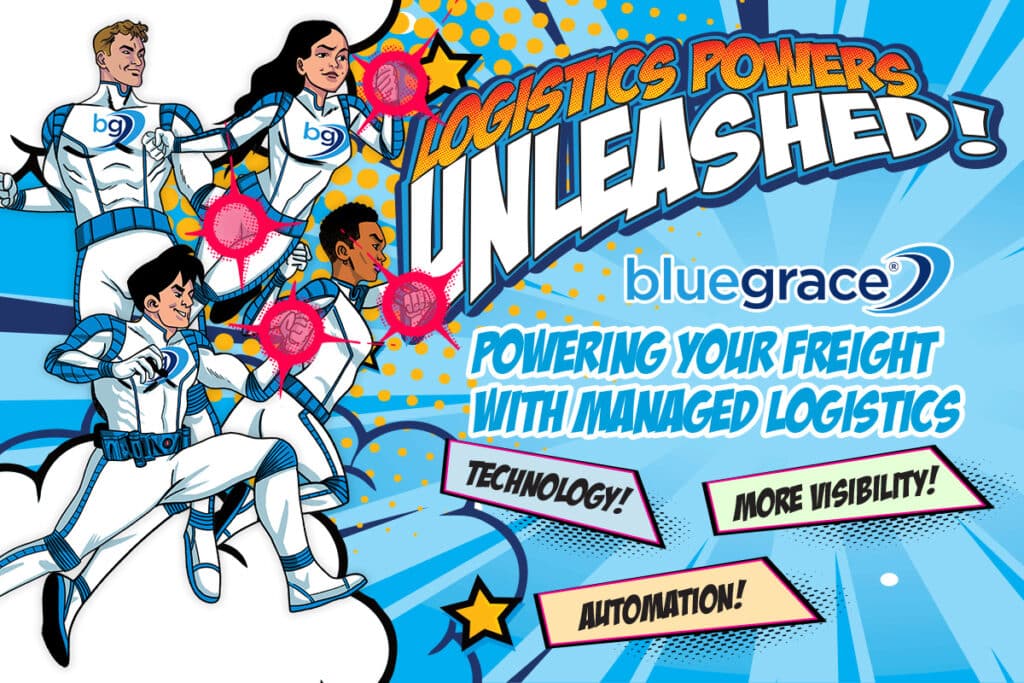Whether you’re a small local retailer or a multinational corporation, how you move goods from point A to point B can significantly impact your bottom line. In this blog, we’ll explore the critical relationship between transportation strategy and profitability, offering insights into optimizing this aspect of your business for success.
Understanding Transportation Strategy
Transportation strategy encompasses the decisions and actions taken to move products or services from suppliers to customers. It involves choosing the optimal modes of transportation, negotiating contracts with carriers, optimizing routes, managing inventory levels, and ensuring timely delivery. A well-crafted transportation strategy aligns with broader business objectives while considering factors such as cost, speed, reliability, and sustainability.
The Impact on Profitability
Efficient transportation management directly influences profitability in several ways such as:
- Cost Control: Transportation costs can account for a significant portion of overall expenses, especially for businesses with extensive supply chains. By optimizing routes, consolidating shipments, and leveraging economies of scale, companies can reduce transportation costs and improve margins.
- Inventory Management: Effective transportation strategy enables better inventory management by ensuring the timely delivery of goods. By minimizing stockouts and excess inventory, businesses can reduce carrying costs and improve cash flow, thereby enhancing profitability.
- Customer Satisfaction: Timely and reliable delivery is crucial for maintaining customer satisfaction and loyalty. A well-executed transportation strategy ensures that products reach customers on time and in optimal condition, fostering positive relationships and repeat business.
- Competitive Advantage: A streamlined transportation strategy can provide a competitive edge by offering faster delivery times, lower shipping costs, or eco-friendly options. By differentiating themselves in the market, companies can attract more customers and capture market share, ultimately driving profitability.
Optimizing Your Transportation Strategy for Profitability
To maximize profitability through transportation strategy, businesses can implement the following best practices:
- Data-Driven Decision Making: Utilize data analytics tools to gain insights into transportation performance, identify inefficiencies, and make informed decisions. Analyze key metrics such as transportation costs per unit, on-time delivery rates, and carrier performance to optimize operations continuously.
- Collaborative Partnerships: Foster collaborative relationships with carriers, suppliers, and logistics partners to leverage synergies and drive efficiency. Negotiate favorable contracts, explore multi-modal transportation options, and invest in technology solutions for real-time visibility and communication.
- Supply Chain Visibility: Enhance supply chain visibility by implementing tracking technologies and data-sharing platforms. Real-time visibility into shipment status enables proactive problem-solving, reduces transit times, and minimizes the risk of disruptions, ultimately improving profitability.
- Sustainability Initiatives: Embrace sustainable transportation strategies to cut costs and environmental impact. Explore greener modes, optimize routes, and invest in fuel-efficient options. Access to accurate environmental data can guide decisions and boost profitability through optimization and efficiency gains.
- Continuous Improvement: Adopt a culture of continuous improvement within your transportation operations. Encourage feedback from stakeholders, conduct regular performance reviews, and seek opportunities to streamline processes and eliminate waste.
Transportation Strategy Effectiveness
The profitability of your business is intricately linked to the effectiveness of your transportation strategy. By optimizing transportation operations, controlling costs, improving customer service, and embracing innovation, businesses can achieve sustainable profitability in today’s competitive market landscape. Remember, success in transportation strategy requires ongoing adaptation and innovation to meet evolving customer demands, regulatory requirements, and market dynamics.
Incorporating these insights into your transportation strategy can position your business for success in an increasingly competitive marketplace. By prioritizing efficiency, cost-effectiveness, and customer satisfaction, you can unlock new opportunities for growth and profitability.





